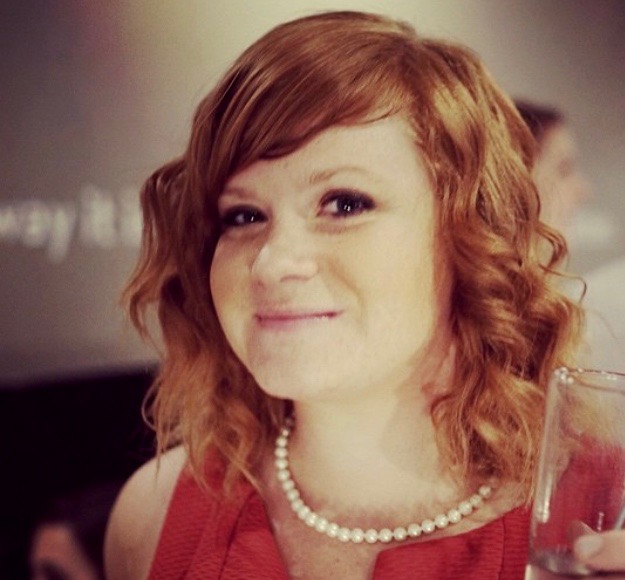A few of the most salient points I jotted down while attending this year’s AWP conference in Seattle:
From “Crafting Voice in YA”
- Teens feel things immediately, so we need to replicate this feeling on the page. Watch the levels of insight. They don’t always know how to put into words what they’re feeling, so make sure it’s not too well articulated.
- Also, slow down the moments – occupy the space and show the passing of time, let scenes breathe.
- Stakes should also feel huge – everything at that age does. Experiences can feel like the end of the world and bigger than they are, bc they are to them.
On submitting to book contests:
- Your best work goes to the front. But also, you final essay should be pretty good too – someone looking at first and last will assume the middle is good, too
- The right prize editor will see the spark of merit in your work – submit to editors who will fall in love with you. A judge will have to justify why they picked you (whether it be impressive craft, voice, structure, insight, nuance, or relatability), a deeper understanding of what literary forms and devices you’re using can propel your book forward.
Breaking into mainstream publications:
- Commercial nonfiction needs a story, versus a lit mag piece, where the techniques are the point of the piece.
- Use the objective correlative – the object that carries the emotional weight of the essay.
- Think of the cadence and the rhythm of your sentences; they need to carry emotional weight to drive the reader forward to compel them to keep going.
- A sense of physicality will engage the reader
- Describe the effect that something has, just as much or more than the thing itself
- filter your essay through a really strong sense of consciousness, like this could have only been written by you
- Remember to think of a topical hook that gets attention but then lets you dive deeper on the subject. Your interiority will become your voice, and your particulars can set you apart from other common takes on the topic.
On writing sex:
- Lust in lit should reflect all the possible outcomes and feelings that we have about sex.
- Sex is both vulnerable and performative (both authentic and not)
- Think of the sense of danger that comes with sex, use this to drive tension
- Specificity stops tropes.
- Less narrating, more showing. Pull into the interior experience, less of the mechanics (how it made you feel over what you actually did)

Leave a comment